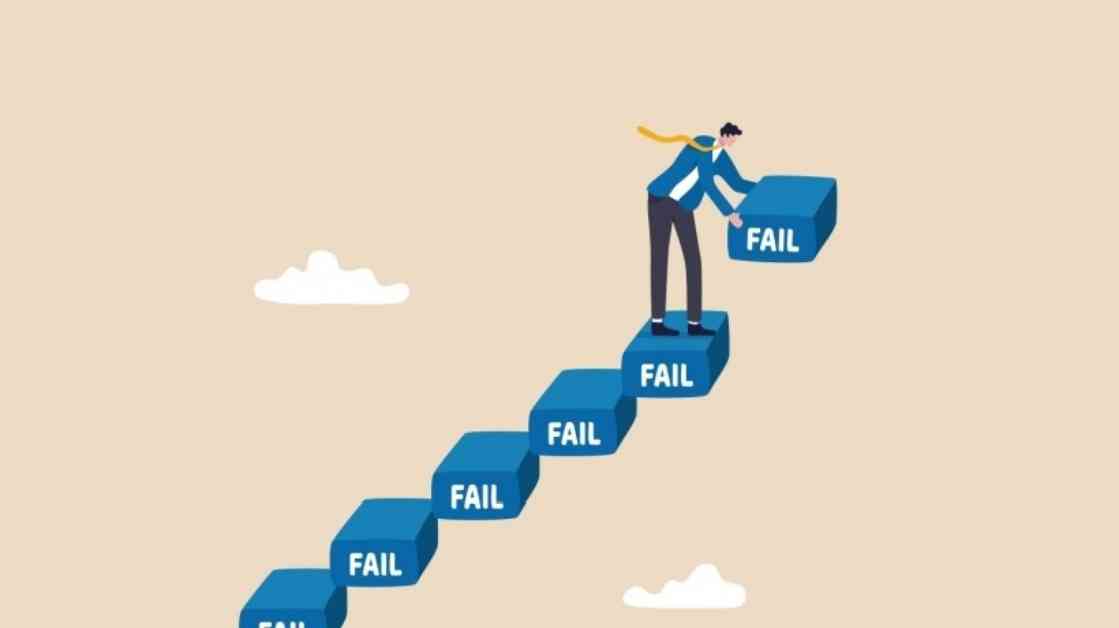Learning is a complex process that requires time, effort, and dedication. Just like baking a cake, it takes practice and patience to master a new skill or subject. Rushing through online courses often leads to frustration and hinders true understanding. In this article, we will explore why taking shortcuts in learning is ineffective and how educators can create more meaningful and effective learning experiences for their students.
The Importance of Trial and Error in Learning
Imagine trying to bake a cake for the first time without any prior experience. You follow a recipe online, gather the ingredients, and start mixing everything together. However, despite your best efforts, the cake doesn’t turn out as expected. This scenario highlights the importance of trial and error in the learning process.
When learning a new skill or subject, it is essential to embrace mistakes and failures as opportunities for growth. Each misstep provides valuable feedback that can guide future attempts and ultimately lead to mastery. Just like baking a cake, learning is a journey of experimentation, reflection, and refinement. Without the willingness to make mistakes and learn from them, true understanding and proficiency remain out of reach.
The Road to Mastery
Learning is not a linear process but rather a series of ups and downs, successes and failures. It involves multiple attempts, adjustments, and reflections before reaching a point of true understanding. However, many online courses fail to capture this iterative nature of learning, leading to disengagement and dropout rates among students.
As educators, it is crucial to design learning experiences that emphasize the journey rather than the destination. By encouraging students to engage in active learning, reflection, and iteration, we can create a more effective and supportive environment for learning. Mastery requires time, effort, and dedication, and there are no shortcuts to acquiring knowledge and skills.
Creating Effective Learning Experiences
To create more effective learning experiences, educators must incorporate the following principles:
1. Emphasize Active Learning: Encourage students to apply their knowledge in practical ways through hands-on tasks and real-world scenarios. Active learning promotes engagement and deepens understanding.
2. Encourage Reflection: Provide opportunities for students to reflect on their experiences, identify areas for improvement, and set goals for future learning. Reflection is a powerful tool for enhancing learning outcomes.
3. Allow for Iteration: Recognize that mastery requires time and multiple attempts. Give students the chance to revisit and retry activities, learn from their mistakes, and refine their skills over time.
By incorporating these principles into their teaching practices, educators can create more engaging, effective, and meaningful learning experiences for their students. Learning is a continuous process that requires patience, effort, and support. There are no shortcuts to success, but with the right approach, students can achieve lasting understanding and proficiency in any subject or skill they choose to pursue.
